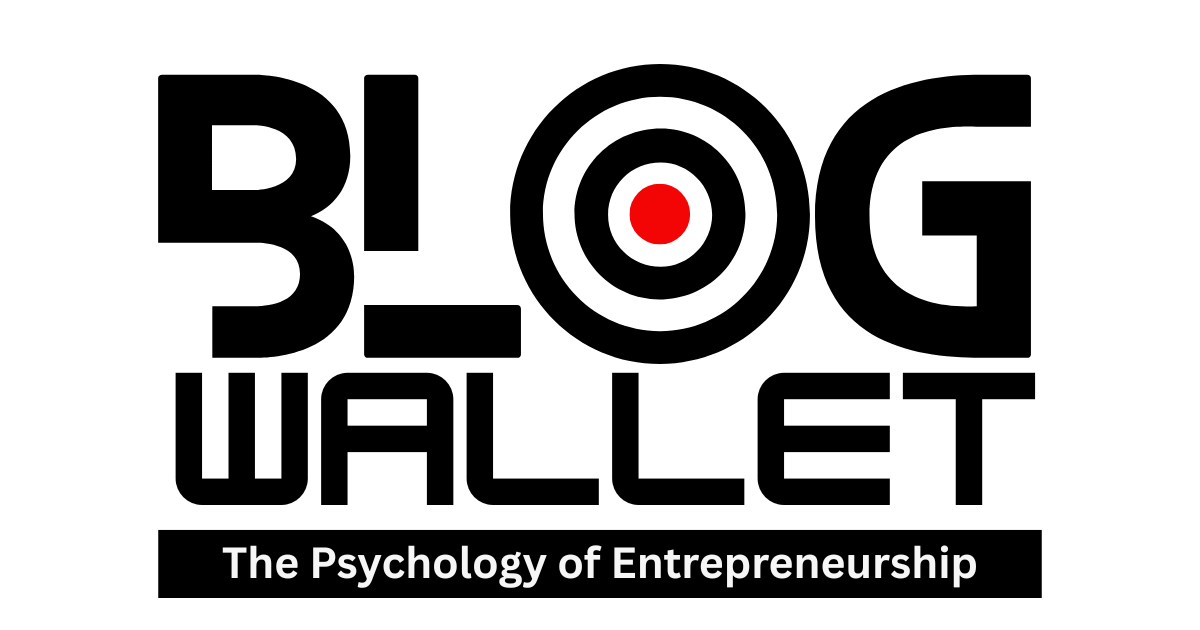
Mastering Job Performance Management in 2025
Motivating your team to consistently deliver their best work in 2025 goes beyond just managing workloads—it demands cultivating a culture where employees genuinely want to excel. With AI, automation, and the creator economy reshaping how we work, entrepreneurs must modernize their performance management techniques to stay ahead.
Leading companies today don’t just oversee—they inspire. Take Zoom Video Communications, whose executive describes their culture as one of “Happiness” where employees feel cared for and eager to come to work. Creating that vibe requires smart strategies that blend human connection with tech-enabled insights.
Here are updated, practical performance management techniques for entrepreneurs in 2025:
1. Take a Proactive, Data-Driven Approach
Positive reinforcement remains powerful, but now it’s turbocharged with AI tools that track performance metrics in real time. Instead of waiting for morale dips, use continuous feedback loops powered by platforms that integrate 360-degree feedback, self-appraisals, and peer reviews. These tools help employees understand their strengths and growth areas from multiple perspectives, creating transparency and trust.
Incentives still matter—think beyond gift cards and bonuses. Incorporate personalized rewards like AI-curated learning experiences, flexible remote work options, or creator-economy style profit-sharing models that let employees benefit directly from their innovations.
2. Keep Communication Open and Authentic
Open-door policies are table stakes. In 2025, leverage AI-driven communication platforms that facilitate honest, ongoing dialogue without the pressure of formal meetings. Chatbots can triage common questions, freeing managers to focus on meaningful conversations that address challenges early.
Frequent, transparent communication boosts engagement, which is a cornerstone of high performance. Encourage team members to share ideas and feedback regularly, using collaborative tools that track suggestions and follow-ups to ensure nothing slips through the cracks.
3. Offer Leadership Coaching with a Tech Twist
Leadership coaching is no longer just in-person sessions. Entrepreneurs can deploy AI-powered coaching platforms that provide personalized development plans, skill assessments, and microlearning modules tailored to each employee’s needs. This scalable approach builds organizational capacity by continuously upskilling your team.
Combine this with human mentorship to maintain the emotional intelligence and trust that AI can’t replicate. Coaching isn’t just about fixing problems—it’s about inspiring innovation and resilience in a fast-changing business landscape.
4. Delegate Distractions to Focus on What Matters
Entrepreneurs today face a flood of tasks that can pull focus from managing performance. Delegate routine or specialized work—like payroll, social media, or content creation—to qualified team members or outsource through platforms like Upwork and Toptal. Consider hiring virtual assistants or AI automation tools to handle scheduling, email triage, and data entry.
This frees you to concentrate on strategic leadership and nurturing your team’s growth. Remember, your unique value is in guiding people, not micromanaging minutiae.
5. Lead by Example with Integrity and Vision
Employees notice when leaders’ words don’t match actions. In 2025, authenticity is non-negotiable. Be transparent about company goals, challenges, and your own learning journey. Use your behavior to set the tone for accountability, creativity, and continuous improvement.
Leading by example builds trust and authority, which directly correlates with better job performance and a stronger, more resilient team.
6. Set Clear, Collaborative, and SMART Goals
Goal-setting remains a cornerstone of performance management, but now it’s more collaborative and data-informed. Use the SMART framework—Specific, Measurable, Achievable, Relevant, Time-bound—and involve employees in crafting their own objectives. This boosts ownership and motivation.
AI tools can help track progress against these goals, provide predictive insights on potential roadblocks, and suggest adjustments to keep performance aligned with evolving business priorities.
7. Embrace Continuous Development and Flexibility
Performance management is no longer a once-a-year review but an ongoing conversation. Create personalized development plans that adapt as employees grow and business needs shift. Regular check-ins, supported by AI analytics and human judgment, help identify emerging skills gaps and opportunities for training.
Encourage a growth mindset by providing access to microlearning, mentorship, and cross-functional projects that keep your team engaged and future-ready.
In 2025, mastering job performance management means blending timeless leadership principles with cutting-edge technology and a deep understanding of human motivation. Make communication, coaching, delegation, and authentic leadership your pillars, and watch your team outperform the competition in today’s fast-evolving business world.





